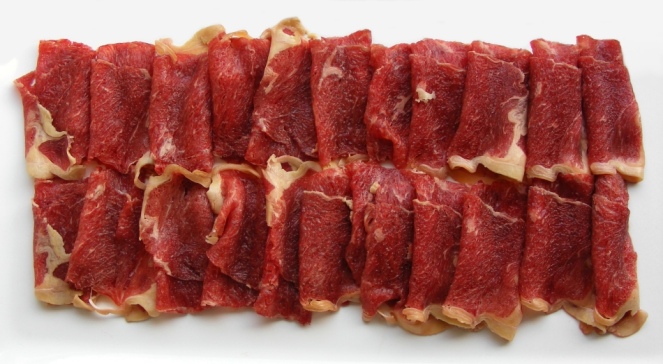Latvia – 87 percent of Polish beef product horse meat
PR dla Zagranicy
Nick Hodge
17.04.2013 09:23
Latvia's Food and Veterinary Service (PVD) has claimed that 87 percent of beef purchased from a Polish source was horse meat.

photo - Flickr FotoosVanRobin
The PVD said on Tuesday that it would report its findings to the Polish authorities and the European Commission.
The report claims that the meat, due to be sold as canned beef by Latvian company Kursu, was sold to them by Polish meat processor Mipol.
The PVD believes that Mipol may also have sold such meat to other EU member states.
The revelation comes after a European Commission survey, also released on Tuesday, revealed that horse DNA was present in 3.9 percent of Polish samples, just below the EU average of 4.66 percent.
Some 4144 tests were carried out across the 27 EU member states in the wake of the scandal that gripped Europe in late January, during which horse DNA was identified in beef products in several countries.
Meanwhile, of the 3155 tests on horse carcasses for the drug bute – which medics claim is only detrimental to human health in large doses - traces were found in 0.5 percent of samples.
European Commissioner for Health and Consumers Tonio Borg insisted that there was no health risk.
“Today's findings have confirmed that this is a matter of food fraud and not of food safety,” he claimed in a statement released on the official web site of the EC.
“Restoring the trust and confidence of European consumers and trading partners in our food chain following this fraudulent labelling scandal is now of vital importance for the European economy given that the food sector is the largest single economic sector in the EU,” he added.
Horse DNA in beef products was most endemic in France, according to the tests, with 13 percent of the samples testing positive.
The European Commission and member state experts are due to meet on 19 April to discuss whether the monitoring programme should be extended. (nh/pg)
source: PAP/IAR